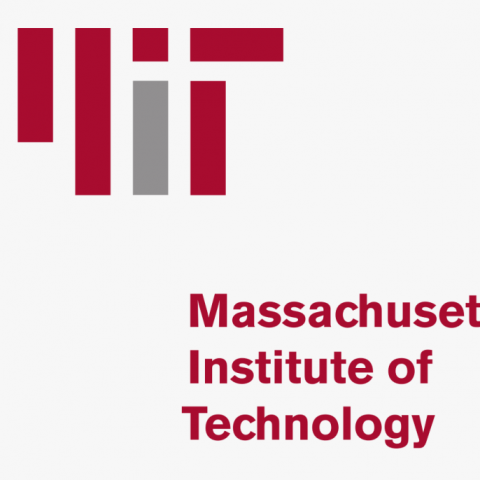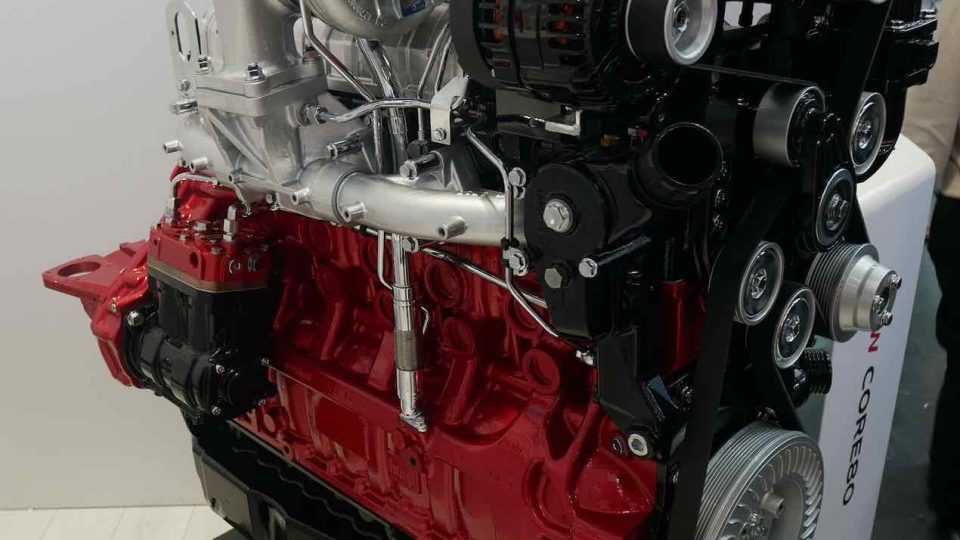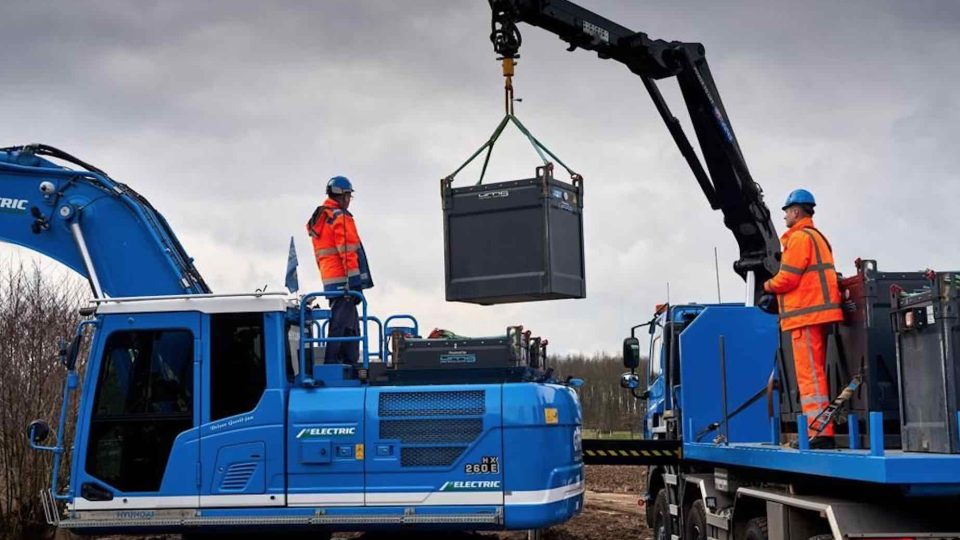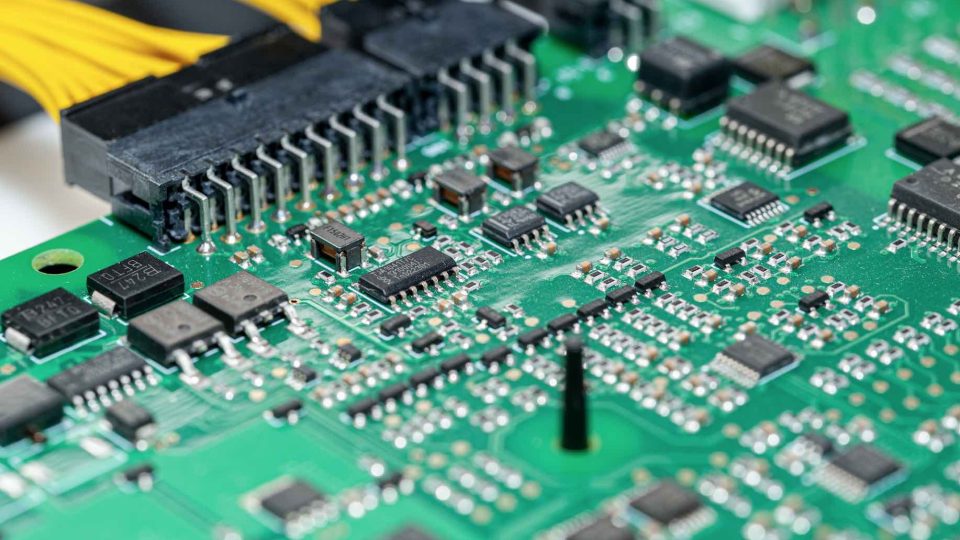Innovative drives for heavy-duty trucks. A joint research project by IAV and MIT
German engineering company IAV and Massachusetts Institute of Technology (MIT) have announced a joint research project aimed at comparing and evaluating innovative drives based on hydrogen, electrification, hybridization and methane combustion in heavy-duty trucks.

German engineering company IAV and Massachusetts Institute of Technology (MIT) have announced a joint research project aimed at comparing and evaluating innovative drives based on hydrogen, electrification, hybridization and methane combustion in heavy-duty trucks. The major target of the project is to determine the appropriate drive concept according to the respective application purposes and requirements on American and European roads, with the consequence of reducing the CO2 footprint in heavy-duty transport as much as possible.
IAV and MIT, evaluating alternative drives
IAV is a major player when it comes to innovative solutions for future transport. As a matter of fact, IAV has recently launched an interesting battery concept, developed in order to make battery recycling much easier and cut overall emissions up to 20 percent. As a matter of fact, the issue of circular economy is hot indeed as for finding more sustainable solutions.
Back to the newly-announced research project shared with the MIT, IAV and Prof. William Green’s group at the Massachusetts Institute of Technology in Cambridge, USA, are comparing and evaluating alternative drive types for heavy-duty commercial vehicles. In addition to electric and CNG drives, the bilateral investigation is focusing in particular on hydrogen combustion and fuel cells.
«A high-quality evaluation and optimization methodology»
The two players will have complementary tasks. In detail, IAV is contributing its expertise from internal research projects and experimental studies on research engines on real-world consumption, engine and emission behavior. MIT, on the other hand, is supplying information and know-how on specific use cases in the USA, drive cycles and vehicles.
IAV’s expertise in detailed engine design and operating strategies for high efficiency has made it possible for us to rapidly accurately answer a much wider range of questions than I had thought possible
Prof. William Green, Massachusetts Institute of Technology
Companies in the field of hydrogen mobility in particular are expected to benefit from the results, especially European and U.S. commercial vehicle and component manufacturers of fuel cells, injectors or fueling systems. «We want to make the knowledge about alternative drive types and especially driving cycles in the U.S. market available to our customers», says Carsten Rinka, Executive Vice President of Sales at IAV. «However, the diversity of alternative powertrains requires a high-quality evaluation and optimization methodology. The aim of the collaboration is therefore to select suitable concepts for corresponding requirements and use cases in the commercial vehicle sector – and thus to reduce the CO2 footprint as much as possible».
The initial results of the research project are to be presented to the public in the second half of 2021, with a final report in 2022.









